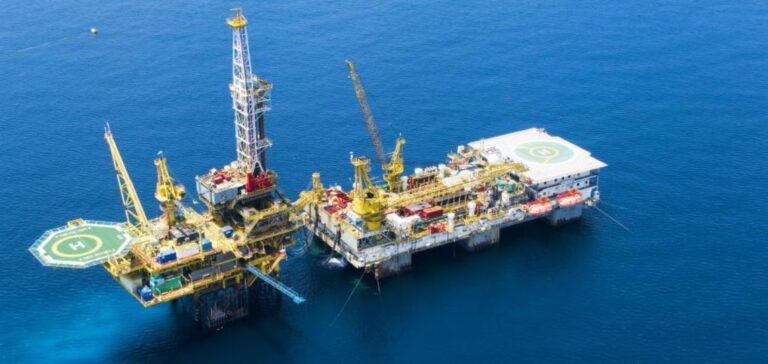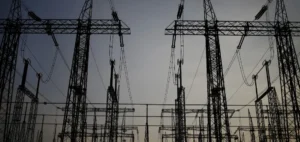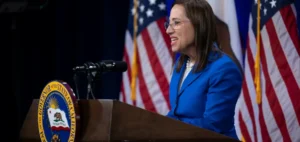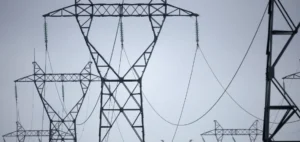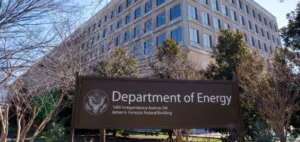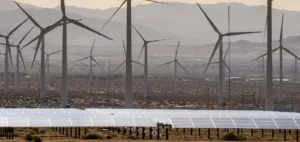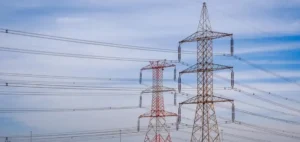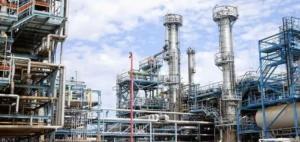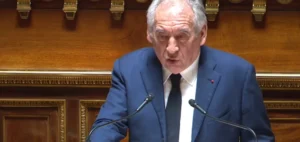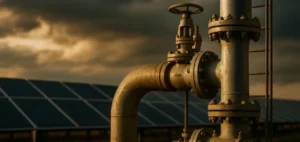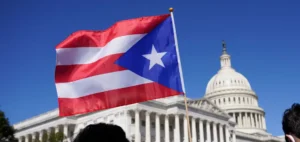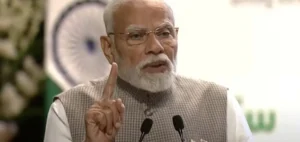Indonesia, under its new Minister of Energy and Mineral Resources, Bahlil Lahadalia, is taking a proactive approach to boosting its upstream oil and gas sectors.
Lahadalia, freshly appointed following a cabinet reshuffle, was quick to express his intention to strengthen incentives for foreign and local investors.
The aim is to keep Indonesia competitive with other countries that are stepping up their exploration and production efforts.
The recent implementation of the new “Gross Split” production sharing contract (PSC) by the government, via regulation MR 13/2024, allows greater flexibility in the granting of additional profit shares to contractors.
These regulatory changes are designed to further encourage exploration by offering more attractive conditions.
Conventional oil and gas projects can now benefit from profit shares of up to 95%, compared with less than 50% previously.
Optimizing National Resources and Reducing Imports
Against a backdrop of declining oil production, Indonesia is aiming to achieve an ambitious target of 1 million barrels of oil per day (b/d) and 12 billion cubic feet per day (Bcf/d) of gas by 2030. These objectives are crucial to satisfying growing domestic demand while reducing dependence on energy imports.
Minister Lahadalia stressed the importance of improving regulations for upstream investments, envisaging the introduction of “sweeteners” or other incentives to maintain the country’s attractiveness in the face of international competition.
At the same time, the development of the liquefied petroleum gas (LPG) industry is a priority for Lahadalia, aiming to significantly reduce LPG imports.
This is part of a broader strategy to maximize the country’s natural resources, while stimulating job creation and increasing state revenues.
The Minister also affirmed his commitment to continuing the successful initiatives of his predecessor, Pak Arifin Tasrif, while correcting shortcomings and introducing new measures to meet emerging challenges.
Industry outlook and future challenges
Ongoing reforms in the Indonesian energy sector reflect a clear determination to boost exploration and production, despite the challenges posed by declining yields from mature fields.
The success of this strategy hinges on the government’s ability to offer an attractive investment environment, combined with tax incentives.
The Ministry of Energy is also working on revising tax regulations, including the exemption of indirect taxes during the exploitation phase, to further support investors.
However, achieving the production targets set for 2030 will require increased exploration and rapid development of new fields.
The Indonesian Petroleum Association stresses the importance of these factors in maintaining the momentum of the upstream sector.
At the same time, the government’s expectations for 2025 call for production of 600,000 b/d of oil and 1.005 million barrels of oil equivalent per day (boe/d) of natural gas, down from the previous year’s projections.
Minister Lahadalia’s initiatives demonstrate a clear commitment to modernizing and strengthening Indonesia’s energy sector.
As the country continues to balance its growing domestic needs with ambitious production targets, these reforms could determine the future trajectory of Indonesia’s hydrocarbon industry.


